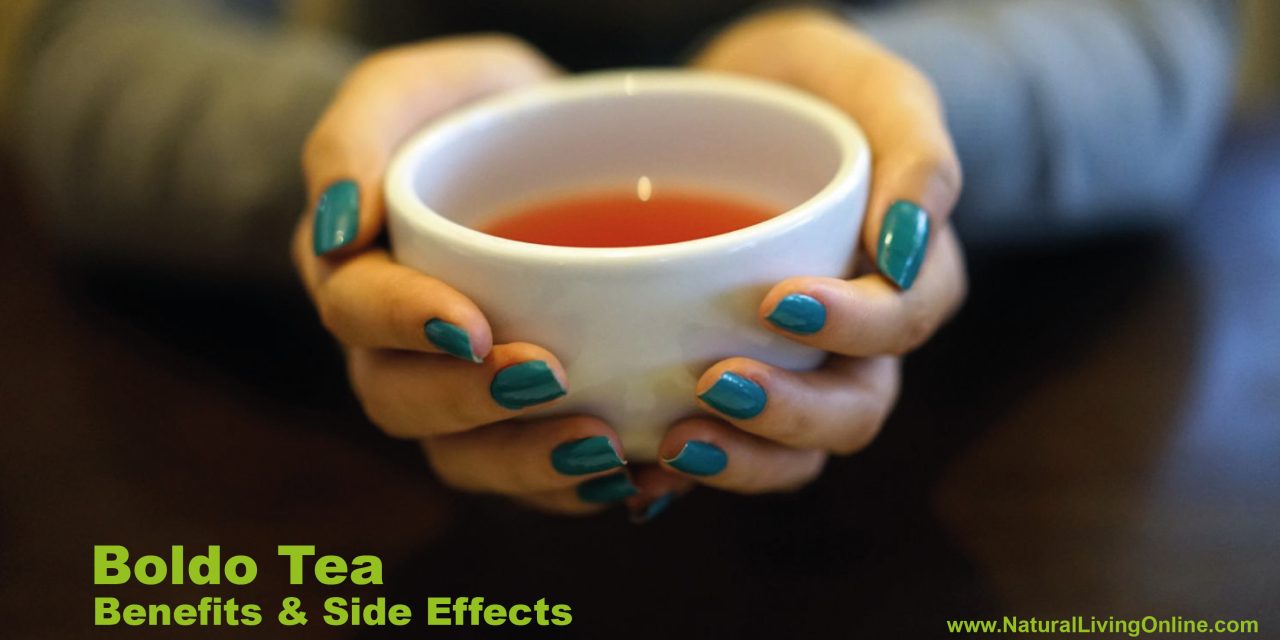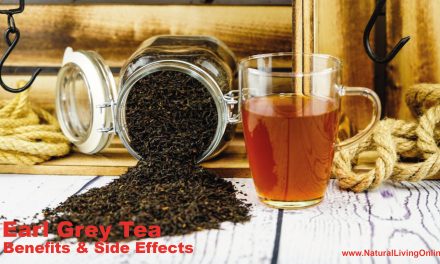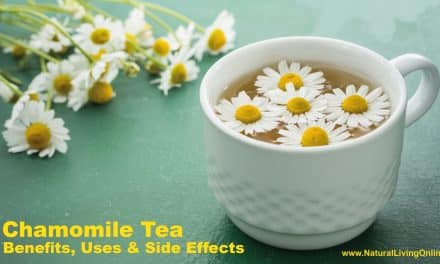Boldo tea, derived from the leaves of the Peumus Boldus tree, is well-known in South America for its use in traditional medicine. This aromatic tea is often used to address various digestive and liver issues. Boldo tea’s active ingredients, including limonene and camphor, contribute to its range of health benefits, such as treating gallstones and reducing anxiety.
Though it offers numerous advantages, consuming boldo tea can come with risks. Some individuals may experience side effects like digestive discomfort or allergic reactions. Knowing how to properly prepare and consume boldo tea helps in maximizing its benefits while minimizing potential risks.
Exploring the benefits and side effects of boldo tea can give you a clear picture of its potential impact on your health. With scientific evidence supporting its traditional uses, this tea provides a fascinating glimpse into natural remedies used for centuries.
Key Takeaways
- Boldo tea offers digestive and liver health benefits.
- Side effects may include digestive discomfort or allergic reactions.
- Proper preparation and dosage are key to safe consumption.
Historical and Traditional Uses
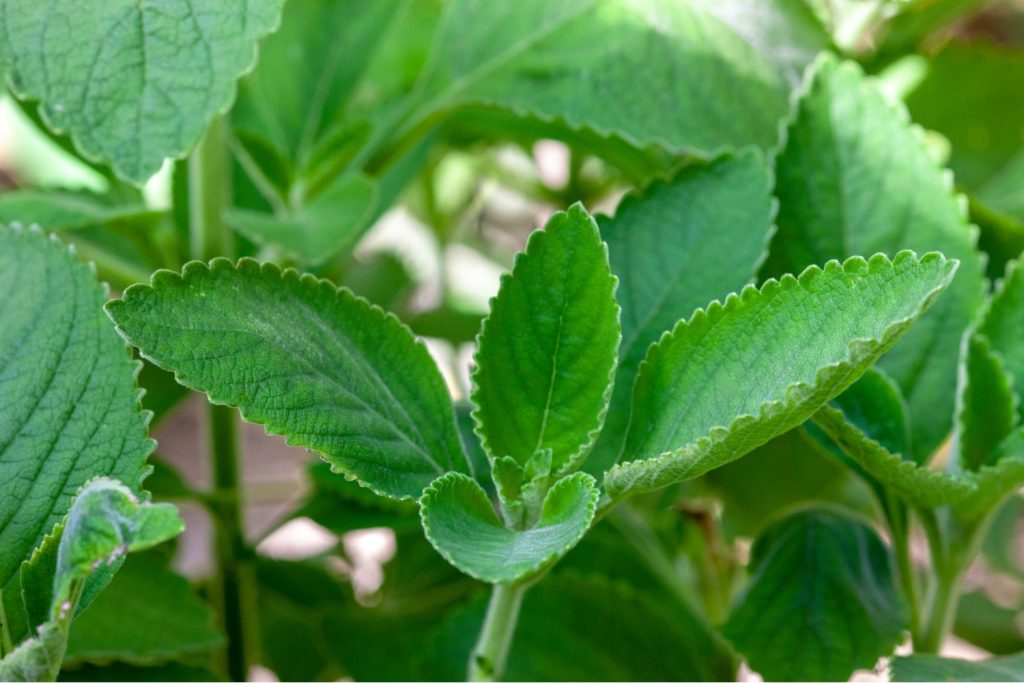
Boldo has a rich history in South American cultures, particularly in Chile, where it is used for various medicinal purposes. It is often compared to other herbal teas like Yerba Mate for its potential health benefits.
Traditional Significance in South American Culture
In Chile, the boldo tree (Peumus boldus) is deeply rooted in tradition. The Indigenous Mapuche people have used its leaves for centuries. They primarily employed boldo for its reputed digestive benefits and as a liver tonic. Over time, these uses were influenced by Spanish colonizers who incorporated boldo into their own herbal practices.
Boldo tea is still popular in South America. It is often prescribed as a remedy for stomach issues and liver ailments. Its traditional uses have been passed down through generations, reflecting a blend of indigenous and European herbal medicine practices.
Comparison With Other Herbal Teas
When compared to other herbal teas like Yerba Mate, boldo tea stands out for its specific benefits, particularly for the liver and digestive system. Yerba Mate is widely consumed for its caffeine content and energizing effects, while boldo is mostly used for medicinal purposes.
Unlike Yerba Mate, which has a stimulating effect, boldo is appreciated for its soothing properties. It is often recommended to people looking for herbal solutions to digestive discomfort. The two teas represent different traditional uses and benefits, reflecting the diverse herbal practices in South American culture.
Health Benefits of Boldo Tea
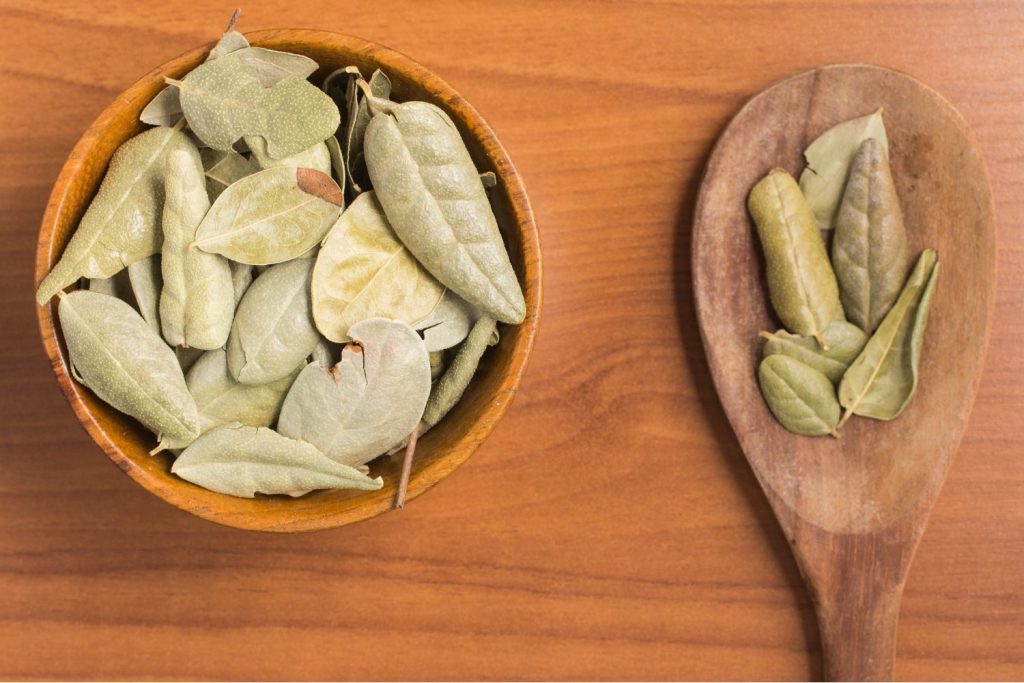
Boldo tea offers various health benefits, including aiding digestion, supporting liver function, providing antioxidant and anti-inflammatory effects, and aiding in weight loss and metabolism.
Digestive Aid and Liver Health
Boldo tea is often used to support liver health and improve digestion. It contains compounds, such as boldin, that stimulate bile production, which helps break down fats during digestion. This process aids in detoxifying the liver and improving liver function.
Drinking boldo tea can also relieve symptoms like bloating, flatulence, and constipation, making it a natural remedy for various digestive issues. The tea is traditionally used in Central and South America for these purposes.
Key Benefits:
- Bile Production: Helps break down fats.
- Liver Detoxification: Supports liver health.
- Digestive Relief: Reduces bloating and flatulence.
Antioxidant and Anti-Inflammatory Effects
Boldo tea contains antioxidants that help protect the body from oxidative stress. These antioxidants can reduce chronic and acute inflammation, potentially lowering the risk of inflammatory diseases.
The anti-inflammatory properties of boldo tea are beneficial for overall health, as inflammation is linked to various chronic conditions. By incorporating boldo tea into your routine, you can take advantage of its natural healing properties.
Key Benefits:
- Oxidative Stress Reduction: Protects cells from damage.
- Inflammation Relief: Eases chronic and acute inflammation.
- Disease Prevention: Lowers risk of inflammatory diseases.
Weight Loss and Metabolism
Boldo tea can support weight loss by promoting metabolic health and enhancing bowel function. It helps detoxify the body, which can improve metabolism and reduce the buildup of toxins. This detoxification process may also stimulate appetite and enhance digestion.
By aiding in the digestive process and supporting metabolic function, boldo tea can become a helpful addition to weight loss efforts. It is important to consult with a healthcare provider before using it as a supplement.
Key Benefits:
- Metabolism Boost: Enhances metabolic health.
- Toxin Reduction: Detoxifies the body.
- Bowel Health: Promotes healthy digestion.
Potential Side Effects and Precautions

Boldo tea is known for its health benefits, but it is important to be aware of its potential side effects and interactions with medications and certain health conditions.
Risks for Pregnant and Breastfeeding Women
Boldo tea is not recommended for pregnant or breastfeeding women. The tea contains a compound called ascaridole, which can be toxic to the liver. This poses a significant risk to women during pregnancy and while breastfeeding.
Consumption of boldo tea can lead to nausea and vomiting, which is especially harmful during pregnancy. Women with liver disease should avoid boldo tea altogether due to ascaridole’s effects on liver function.
It is best to consult with a healthcare provider before consuming boldo tea if pregnant or breastfeeding.
Interactions With Medications and Conditions
Boldo tea can interfere with several types of medication. It can interact with blood thinners like warfarin, increasing the risk of bleeding. People taking heart medications should also avoid boldo tea due to possible negative interactions.
Additionally, boldo tea can be contraindicated for those with liver or kidney disease. Consuming the tea in large amounts can lead to nausea, diarrhea, and vomiting.
Before any surgery, individuals should stop drinking boldo tea as it may interfere with blood clotting. It is advised to avoid alcohol while consuming boldo tea due to its additional strain on the liver.
Always consult with a healthcare professional to discuss potential interactions and risks.
Recommended Dosages and Preparation

Boldo tea can be made in several ways, including using tea leaves or through prepared capsules and tinctures. Knowing the right dosage and preparation method is essential for effective and safe use.
Boldo Tea Preparation Techniques
To make boldo tea, use dried leaves from the boldo plant. Add 1 teaspoon (about 1 gram) of dried leaves to a cup of boiling water. Let it steep for 5-10 minutes before straining.
For those preferring a concentrated form, boldo is also available in capsules and tinctures. Capsules should be taken with water, following the instructions on the bottle. Tinctures can be mixed with water or tea. Essential oils are not recommended for internal use but can be used in aromatherapy.
Dosage Guidelines and Consumption Tips
The recommended daily dosage of boldo tea is 1 gram of leaves taken as tea up to three times a day. Boldo capsules and tinctures vary, so follow the product-specific instructions.
Avoid consuming boldo tea long-term without consulting a healthcare provider as it can cause certain side effects. Pregnant or breastfeeding women should not use boldo products. Always ensure you’re not exceeding the recommended dosages to avoid potential risks.
Proper dosage and preparation ensure the safe and effective use of boldo tea and its various forms.
Scientific Evidence and Research
Research on boldo tea suggests potential benefits due to its antioxidant compounds and other bioactive elements. There is ongoing investigation into its effects on liver health, digestive problems, and gallstones.
Clinical Studies and Findings
Most clinical studies on boldo tea center around its antioxidant and antimicrobial properties. The plant contains active compounds like limonene, camphor, and beta-pinene, which are believed to aid in liver detoxification and provide relief from digestive problems.
Research has also looked at boldine and ascaridole, components that may contribute to anti-inflammatory and antimicrobial effects. While certain studies show potential for liver health improvement, the evidence is not yet robust. Some studies suggest boldo tea could help dissolve gallstones, but more thorough research is required.
Comparison With Conventional Medications
Boldo tea’s active ingredients like boldine and flavonoids show promise in providing health benefits similar to conventional medications. For instance, boldo’s antioxidants might offer comparable effects to over-the-counter liver tonics.
Limited studies indicate that boldo tea can alleviate symptoms of rheumatism and digestive disorders. However, the effectiveness and safety of boldo in comparison to prescribed medications remain under scrutiny. Conventional medicines often have well-documented side effects and dosages, something still not fully established for boldo tea. Hence, traditional medications are generally preferred for more severe conditions, while herbal options like boldo need further validation.
Frequently Asked Questions
What are the recognized health benefits of drinking Boldo tea?
Boldo tea is known for its digestive benefits. It can help with indigestion and bloating. The tea also supports liver health and acts as a mild diuretic.
Can Boldo tea aid in liver health, particularly for conditions like fatty liver?
Boldo tea contains compounds that support liver function. It may be helpful for liver conditions such as fatty liver by promoting detoxification and improving liver enzymes.
How does Boldo tea contribute to weight loss efforts?
Boldo tea’s diuretic properties can help reduce water weight. Additionally, its digestive benefits may aid in better metabolism, which can support weight loss efforts when combined with a healthy diet and exercise.
What possible side effects might one experience when consuming Boldo tea?
Some people may experience side effects such as nausea, dizziness, or diarrhea. High doses can be harmful to the liver. It’s advised to consume boldo tea in moderation and consult a healthcare provider.
Is there evidence to support the use of Boldo tea for gallbladder issues?
Boldo tea may aid in stimulating bile flow, which can help with gallbladder function. It may also assist in preventing gallstones, though more research is needed to confirm these benefits.
How does Boldo tea affect individuals with diabetes?
Boldo tea may help regulate blood sugar levels due to its medicinal properties. However, people with diabetes should consult their doctor before incorporating boldo tea into their routine to ensure it does not interfere with their medications.
References:
Boldo, its Secondary Metabolites and Their Derivatives
Boldo phytochemical and pharmacological activities
Hidden Risks of Alternative Medicines: A Case of Boldo-Induced Hepatotoxicity
This website does not provide medical advice.
All information provided on this website, and on associated social media networks, including but not limited to texts, images, and numbers are for general information purpose only. It is not intended as medical advice and it does not include all possible precautions, side effects, or interactions that may occur. Neither NaturalLivingOnline.com nor its author/founder take responsibility for how you use this information. Statements contained on NaturalLivingOnline.com have not been evaluated by the FDA. You should conduct thorough research via multiple sources and consult your physician or qualified doctor before using any essential oil or herbal remedy. Information on NaturalLivingOnline.com must not be relied upon for medical, legal, financial or other decisions.

